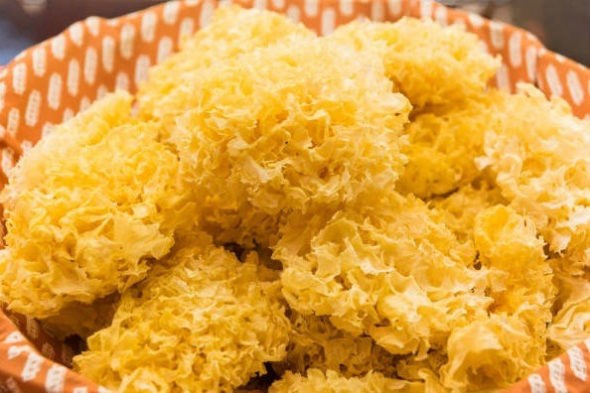A research team at Simon Fraser University has identified a compound found in sea sponges that could be developed into future treatment therapies for HIV.
SFU Health Sciences assistant professor Ian Tietjen said the team tested 252 compounds derived from sponges and other marine organisms to find six that inhibit HIV in infected cells. One of the six compounds is called bengamide A and can inhibit HIV replication at low concentrations but Tietjen said it targets HIV in a way that is unique from current therapies.
He said it’s important to develop new treatments for HIV because, “while existing drugs do a pretty good job in controlling HIV spread, there are still challenges for many people with adhering to a daily drug regimen and dealing with side effects and toxicities from the drugs. Also, the virus in some people has evolved resistance to some of the drugs we have, which limits our options for treating HIV in these individuals.”
There are about 36.7 million people living with HIV/AIDS worldwide, according to the latest data available from the World Health Organization and about 20.9 million people accessing antiretroviral therapy.
Tietjen said people living with HIV also need to stay on an antiretroviral regimen for the rest of their lives and “if we can identify new drugs that can eliminate HIV from these life-long reservoirs or hiding places, then we might finally have a chance at developing drugs that can achieve long-term HIV remission or even an HIV cure.”
Finding six leads out of 252 compounds is a relatively high number, according to Tietjen and it suggests that marine organisms are “an extremely rich source of antivirals and presumably other compounds that could potentially help to benefit human health.”
He said many of these organisms live in fragile ecosystems that should be preserved.
“The sponge where we isolated bengamide A, for instance, comes from the coast of Papua New Guinea, but we have also identified HIV antivirals from sponges and sea slugs right in Howe Sound,” he said.
The study results have been published in the journal Antiviral Research.



